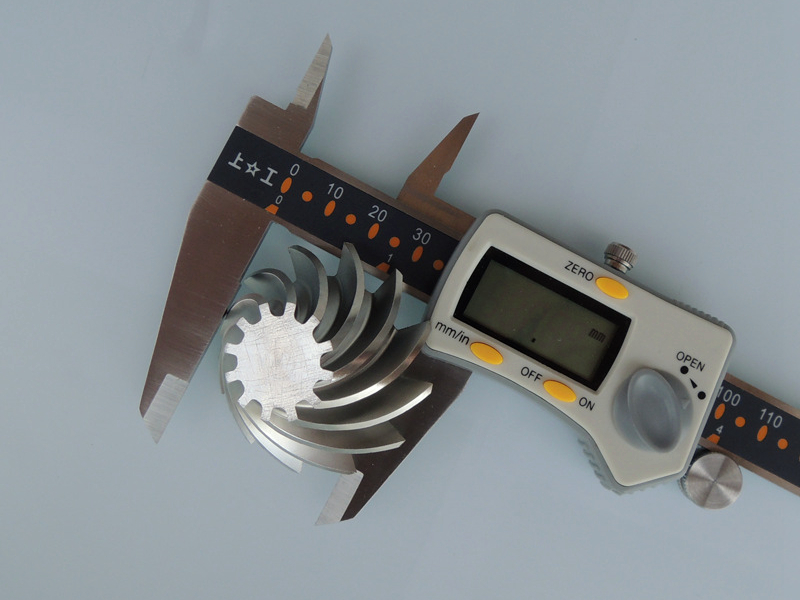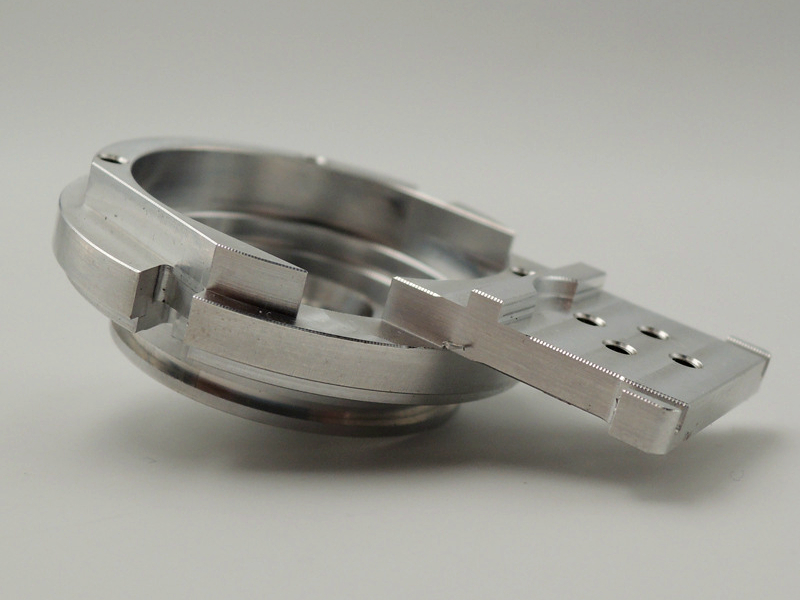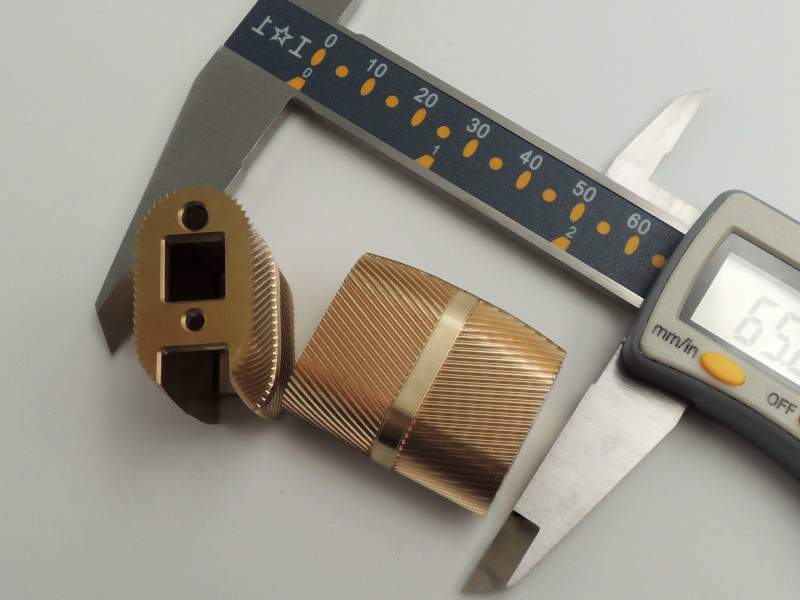ما هو وقت التسليم النموذجي لأجزاء تشغيل CNC؟
العوامل التي تؤثر على مدة التسليم
تعتمد مدة تسليم المكونات المُشغَّلة باستخدام CNC على تعقيد الجزء، ونوع المادة، ومتطلبات التفاوت، وعمليات التشطيب. تستغرق المشاريع القياسية المُنتَجة ضمن خدمة التشغيل باستخدام الحاسب الآلي (CNC) عادةً ما بين 5 إلى 15 يومًا، بينما يمكن إكمال النماذج الأولية المُصنَّعة من خلال خدمة النماذج الأولية باستخدام CNC خلال 2 إلى 7 أيام. تضيف العمليات متعددة المراحل مثل التشغيل متعدد المحاور أو تشغيل EDM أو الطحن الدقيق باستخدام CNC عدة أيام للإعداد والتحقق من الدقة. تمتد الجداول الزمنية للمشاريع التي تتضمن عمليات تجميع متعددة والخدمات المتكاملة بشكل طبيعي نظرًا لتكامل الفحص والتعبئة.
مدة التشغيل المعتمدة على نوع المادة
يؤثر اختيار المادة بشكل مباشر على مدة الدورة وعمر الأداة. تُشغَّل السبائك اللينة مثل الألومنيوم 6061-T6 أو النحاس C110 بسرعة، مما يسمح بإنجاز الدفعات الأولية خلال 5 أيام. تزيد المواد الأصعب مثل الفولاذ المقاوم للصدأ SUS304 أو الفولاذ 1045 من وقت التلامس مع الأداة وتمتد مدة الدورة إلى 10–12 يومًا. أما السبائك الفائقة مثل Inconel 718 أو المواد المقاومة للحرارة مثل Ti-6Al-4V فتتطلب معدلات تغذية دقيقة وتحكمًا في التبريد؛ لذلك، تتراوح مدة التسليم الإجمالية عادة بين 15 إلى 20 يومًا حسب حجم الدفعة.
تأثير المعالجات السطحية على التسليم
تُساهم عمليات ما بعد التشغيل بشكل كبير في الجدول الزمني الإجمالي. تضيف العمليات مثل أنودة الألومنيوم أو التلميع الكهربائي عادة من يومين إلى أربعة أيام للتحضير والطلاء والفحص. قد تُطيل المعالجات الأكثر تخصصًا مثل المعالجة الحرارية أو الطلاء بالكروم المدة قليلًا، خاصةً عند الحاجة لاختبارات الصلابة أو التحقق من سماكة الطبقة.
توقعات الجداول الزمنية الخاصة بكل صناعة
يتبع كل قطاع معايير زمنية محددة. بالنسبة لقطاعي السيارات والمنتجات الاستهلاكية، تكون أوقات التسليم أقصر لأن المواد والتفاوتات موحدة للإنتاج المتكرر. أما مكونات الطيران والفضاء، المصنوعة غالبًا من سبائك مقاومة للحرارة العالية، فتخضع لخطوات تحقق متعددة، مما يطيل عادةً وقت الإكمال إلى 20–30 يومًا. في تصنيع الأجهزة الطبية، قد تتطلب مراحل التشغيل والتشطيب المعتمدة أيام فحص إضافية للحفاظ على الامتثال لمتطلبات ISO 13485 الخاصة بالتتبع.
خيارات التسليم المعجل
يمكن للمشاريع التي تستخدم سير عمل رقمي الاستفادة من فترات إنجاز سريعة. يتيح الجمع بين الطباعة ثلاثية الأبعاد للنماذج الأولية الأولية والتصنيع منخفض الكمية التسليم في نفس الأسبوع للعينات الوظيفية. يضمن استشارة DFM المبكرة جدولة دقيقة ويقلل من تأخيرات التكرار، مما يسمح للعملاء بتوقع تواريخ الإنتاج بثقة.



